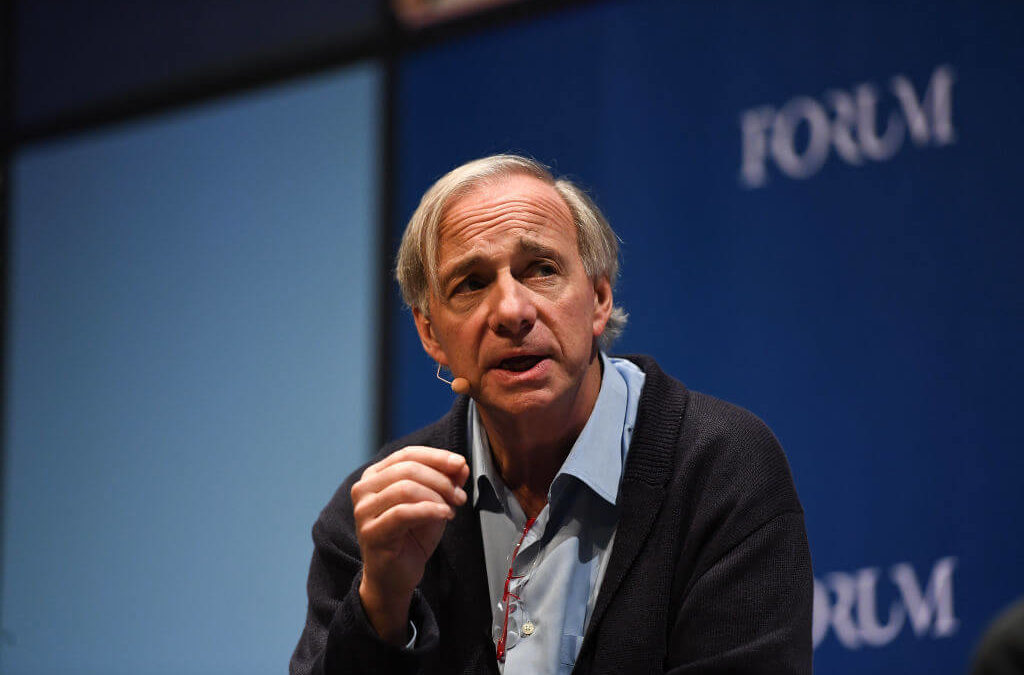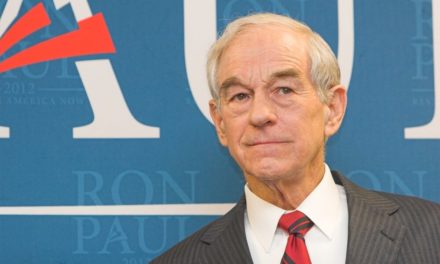Ray Dalio, the founder of the $150 billion Bridgewater Associates hedge fund, said he sees a “significant risk” of a recession hitting the U.S. in 2020, and he also revealed what scares him most about the future of the global economy.
Dalio said earlier Tuesday during a Davos panel discussion that “the next downturn in the economy worries me the most.”
Speaking with CNBC’s “Squawk Box” at the Davos World Economic Forum, Dalio says it won’t just be the United States that will suffer when the next big recession hits.
Per CNBC:
“It’s going to be globally a slow up. It’s not just the United States; it’s Europe; and it’s China and Japan,” the billionaire investment titan said Tuesday in an interview on CNBC”s “Squawk Box.”
As we noted in an article last week on Money & Markets, Dalio says the problem is that when the next crisis hits, the Fed will be powerless to stop it.
“Where we are in the later [economic] cycle and the inability of central banks to ease as much, that’s the cauldron that will define 2019 and 2020,” said Dalio, co-CIO and co-chairman of Bridgewater Associates.
Bond yields are signaling the Federal Reserve should not increase interest rates anymore, Dalio said in the interview at the World Economic Forum in Davos, Switzerland. “If it rises faster than that, I think we’re going to have another problem.”
The Fed, after its fourth hike of 2018 in December, had signaled two more rate increases for 2019. However, Fed Chairman Jerome Powell earlier this month said central bankers will be “patient” given continued muted inflation.
The Federal Open Market Committee meets again next week. No move is expected from the current benchmark fed funds short-term rate range of 2.25 to 2.50 percent.
“I think there is the possibility that you extend the equilibrium in a certain way where you have an easier monetary policy … and you grow in a fairly slower way and that you don’t have a classic recession for a while,” Dalio said.
Dalio said earlier Tuesday during a Davos panel discussion that “the next downturn in the economy worries me the most.” He also said he’s concerned about “greater political and social antagonism” around the globe.




